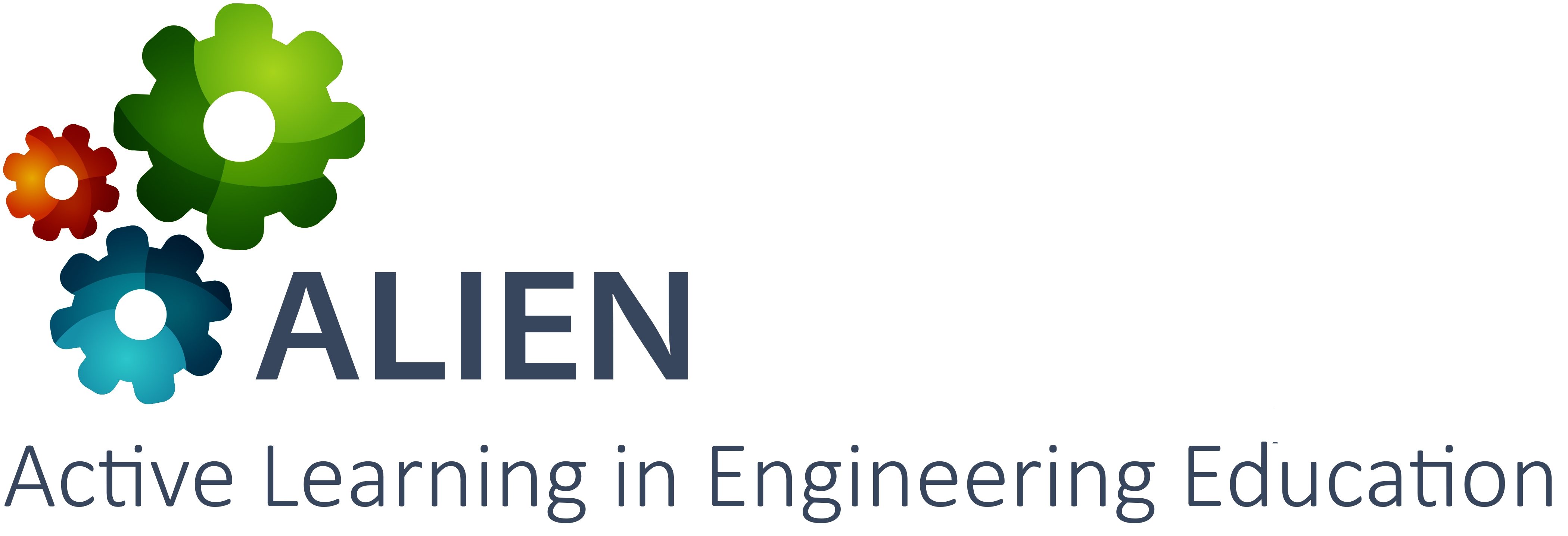 Course overview
Course overview
Students build knowledge on scientific research methodologies. They further practice working skills for digital transformation. At the same time, students are required to apply they newly developed knowledge in a research topic of their choice.
Participants in piloting
The course is part of the ICT and QCF graduate programs at John von Neumann Institute. The course is also offered in ICT graduate programs at the University of Natural Sciences – VNUHCM and the Polytechnic University of Ho Chi Minh City. The following groups of students were engaged:
- 39 students enrolled in semester 2 of academic year 2018 – 2019.
- 32 students enrolled in semester 2 of academic year 2019 – 2020.
The lecturers of the course are Prof. Bao Ho (JVN), Prof. Vu Duong (JVN), Dr. Huy Nguyen (JVN), Dr. An Mai (JVN) and Dr. Quang Nguyen (JVN).
Timeframe
Spring 2019
Spring 2020
Use of ALIEN services and tools
Students were exposed to active learning through weekly lectures and tutorials. The course included a series of activities for learning how to find a research topic, write a research proposal with literature review, and write a scientific paper. Students applied newly developed skills on a topic if their choice. The course helped students improve communication and creative skills. Diverse learning activities and teaching methodologies were used to best address the objectives of each learning session.
 Students implemented the following steps:
Students implemented the following steps:
- Students studied the phases of the scientific writing process. They worked in groups on a topic of their choice.
- Students selected their own approach for writing and presenting their work, which was structured as a research paper.
- Students researched related scientific articles and other documents. They discussed their findings under the guidance of the lecturer. They prepared and delivered a presentation of their work for the benefit of their classmates and the lecturer.
- Students reviewed lessons with interactive games using Kahoot®. Students created the games themselves under teacher guidance. After each game, the lecturer posed questions on the wrong or unclear answers, encouraging students to discover more on the missed points.
- Students played scenario games in which they provided input related to the practical application of knowledge and techniques in identifying a research topic of interest, researching the context of the work, and preparing a written research proposal.
- Students used Office® software and Google® class to develop presentations and share their results within their classmates and the lecturer.
In the context of tutorials, students further implemented the following activities:
- Students worked in groups on selecting a research topic and performing a literature review.
- After each important milestone of the project students prepared and presented a progress report that was evaluated by their classmates and lecturers.
- Students executed exercises and tests for evaluating and improving soft skills in the digital age, such as creative thinking, active listening, and team work.
- Students summarized their results in a commonly owned shared document.
- Students raised concerns or interests during the course and engaged in discussions with their classmates in the final session. The lecturer helped students align their points with the framework of the course for developing more effective understanding of concepts and enabling student to apply new knowledge in practice.




